The fire next time

Subscribe to receive the biweekly ClimateCast in your inbox, our curated digest of news and commentary on climate issues.
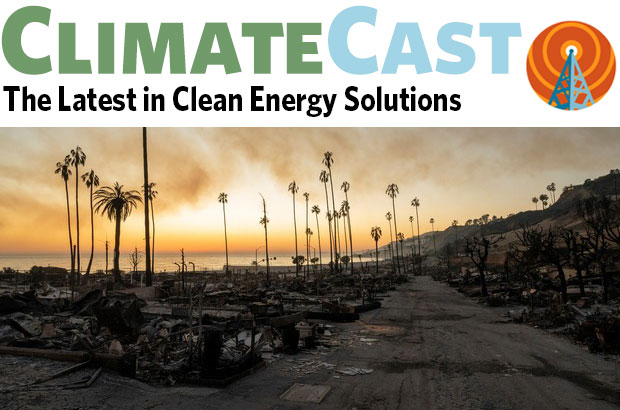
By: Juan M. Muñoz Jiménez on
LA County wildfires and the future of insurance, Junk fees can be employed by utilities for higher energy bills, and The fire this time: Climate leadership under Trump 2.0
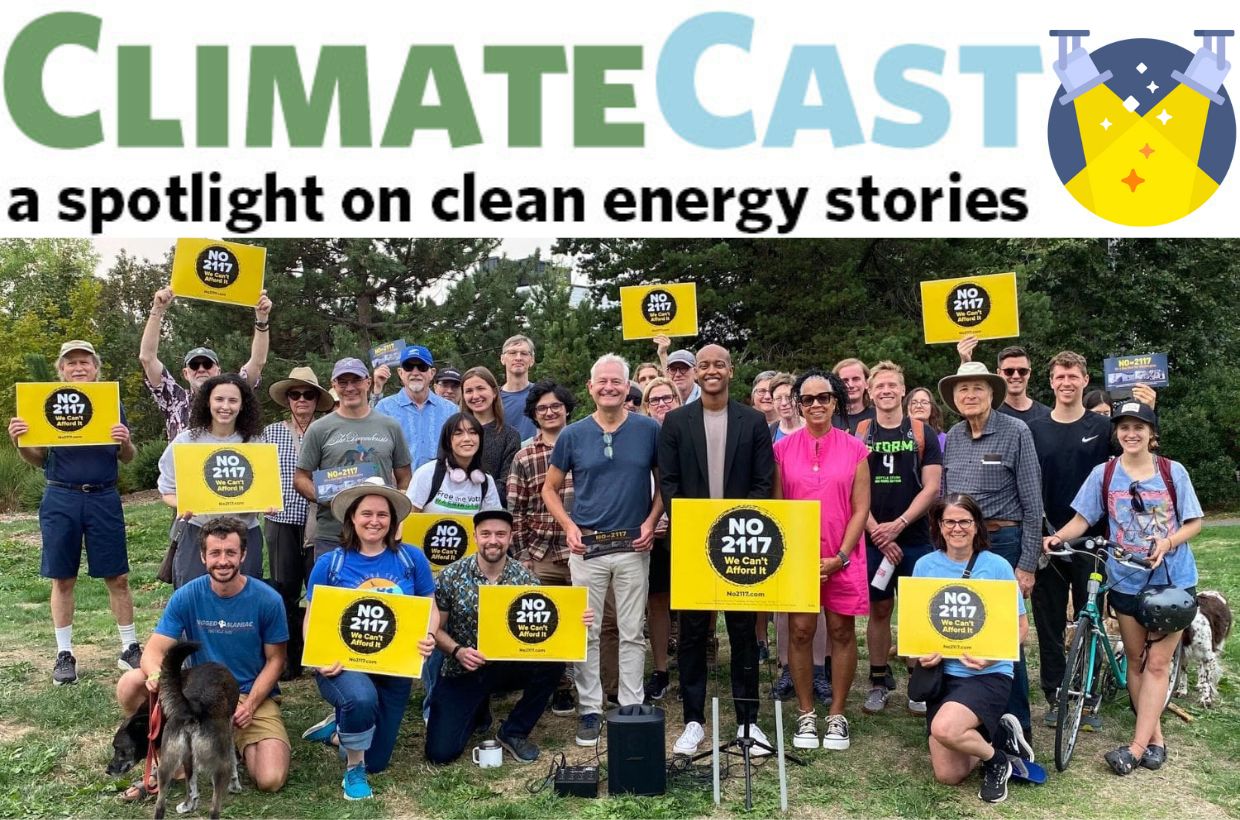
By: Jonathan Lee on
Despite a bleak outlook for climate action nationally, the people of the Pacific Northwest showed up in a big way this November, demonstrating that when communities get organized and work together for a healthier future, we can accomplish remarkable victories.
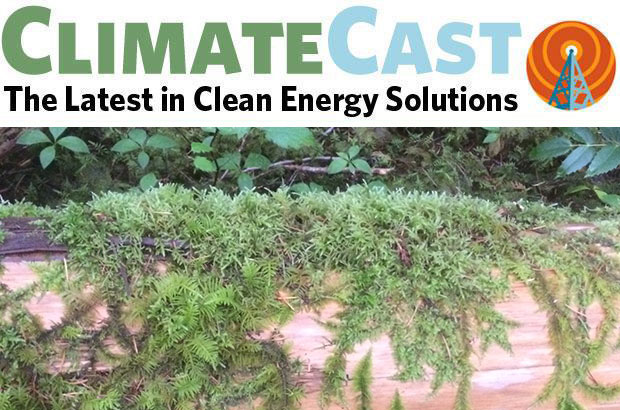
By: Jonathan Lawson on
November 2004 saw important clean energy victories in Washington and Oregon, even amidst signs that national and international climate progress may be slowing (for now).
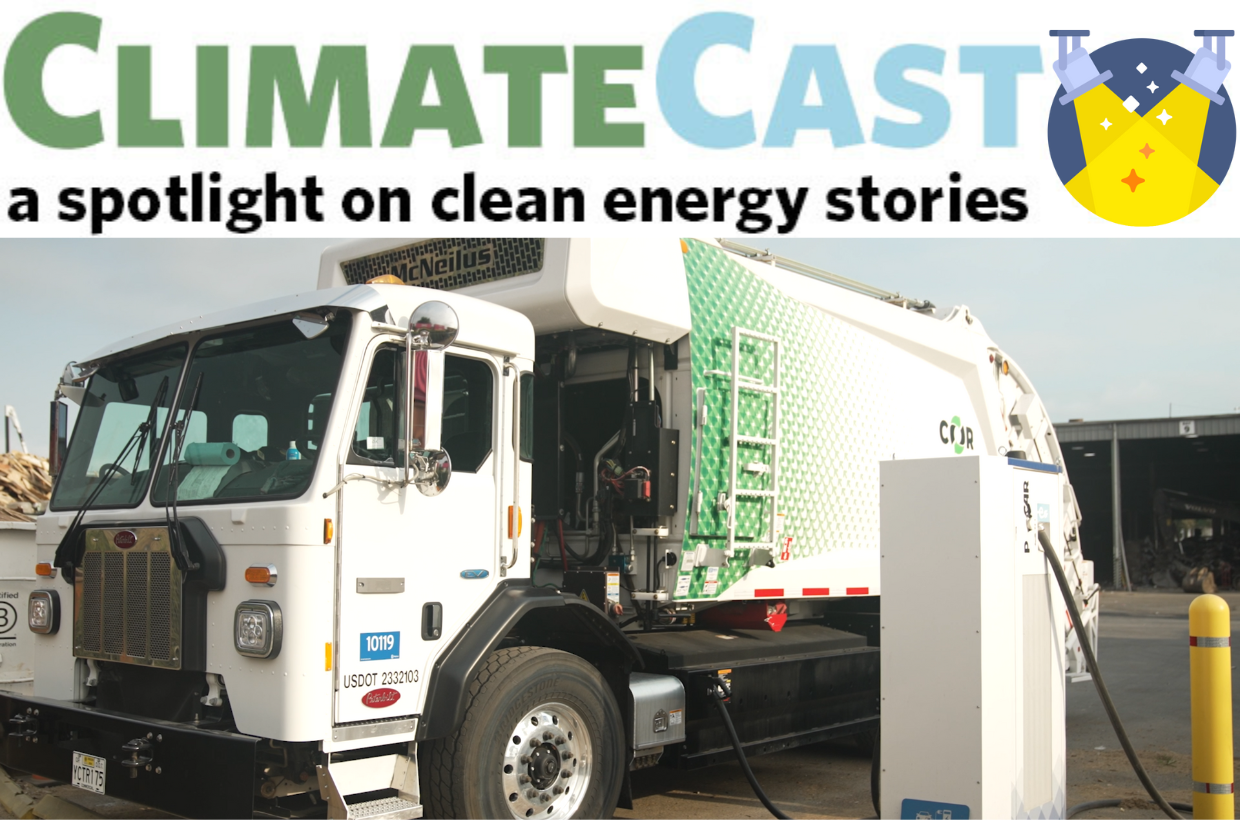
By: Jonathan Lee on
City of Roses (COR) Disposal & Recycling is making history as the first trash hauler in Portland to operate zero-emission electric garbage trucks.
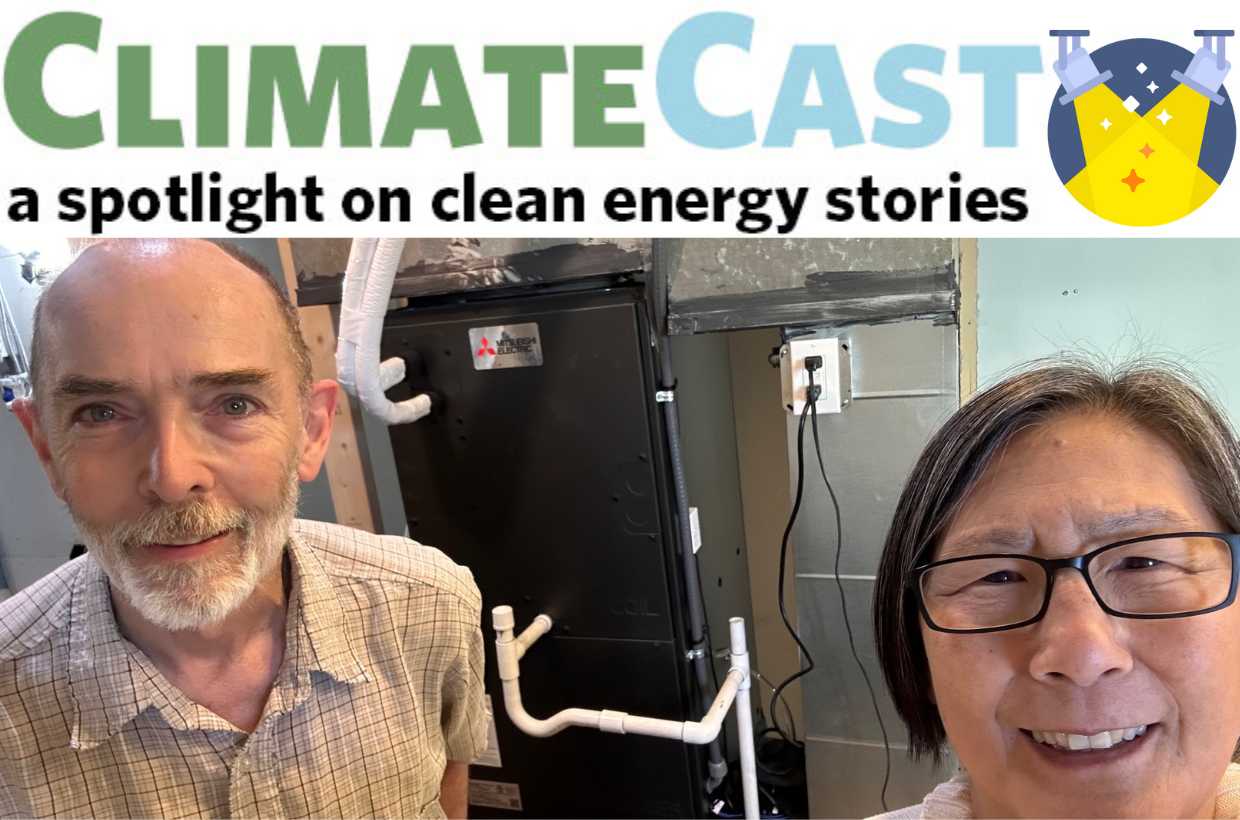
By: Jonathan Lee on
Between several state and local clean energy incentives and heat pump rebate programs, Stella saved over $6,000 by replacing her oil furnace with an electric heat pump. However, clean energy success stories like Stella’s would be endangered if Initiative 2066 passes in Washington.
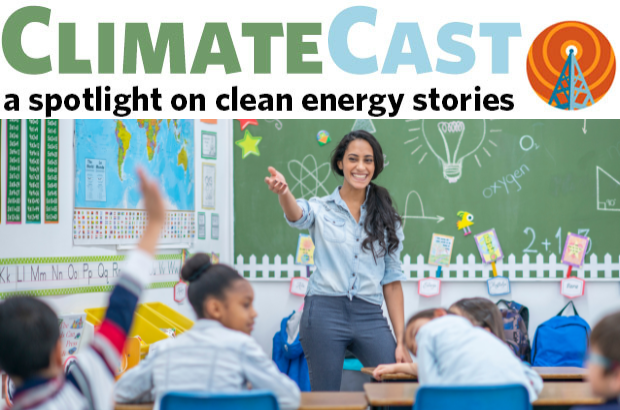
By: Jonathan Lee on
Washington’s students and schools will receive considerable benefits from the Climate Commitment Act, but Initiative 2117 threatens these critical investments.

By: Jonathan Lawson on
A new study confirms that Washington's landmark climate law is on track to catalyze more than $9.1 billion in economic output and create more than 45,000 jobs over eight years. Unless it's repealed.
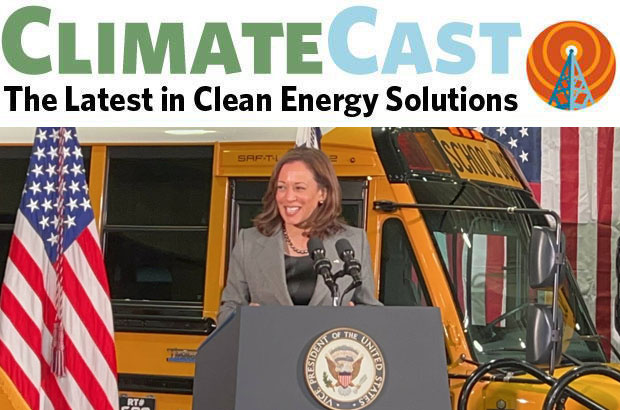
By: Jonathan Lawson on
What does Kamala Harris' candidacy mean for the future of American clean energy and climate action? Plus: checking in on the successes of the federal IRA and Washington State's Climate Commitment Act
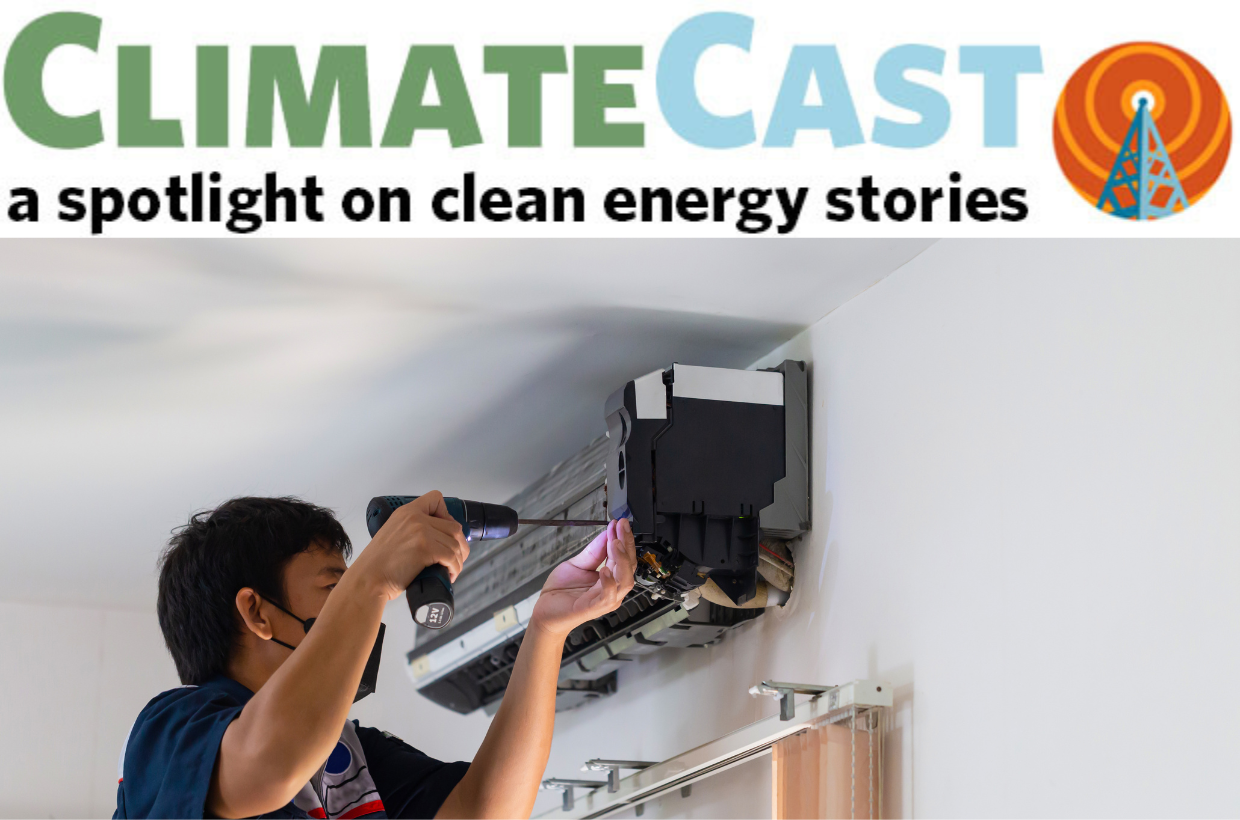
By: Jonathan Lee on
Amidst another extreme and record-breaking heat wave, affordable and energy-efficient cooling is essential for everyone. Electric heat pumps can make that happen.
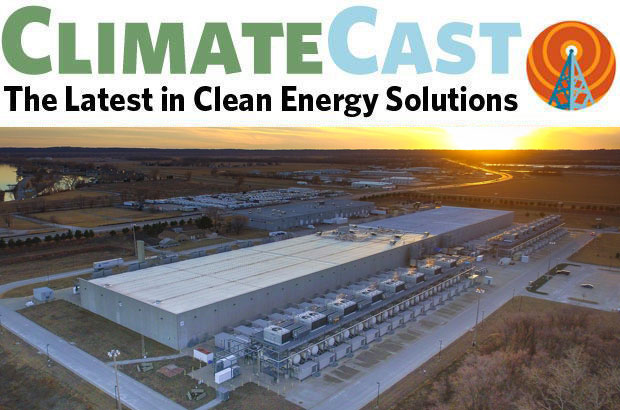
By: Jonathan Lawson on
Amazon backs away from plan to keep Oregon data centers running on fossil fuels. Plus: widespread benefits for low-income households converting to clean energy homes; and two climate hawks become new heads of state
Join our email list to learn about what we do and how to get involved.